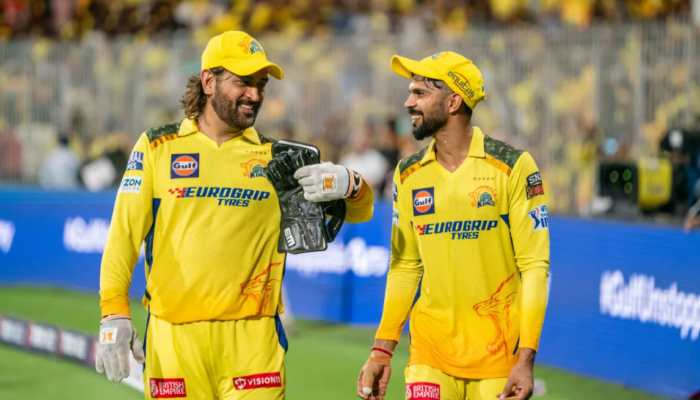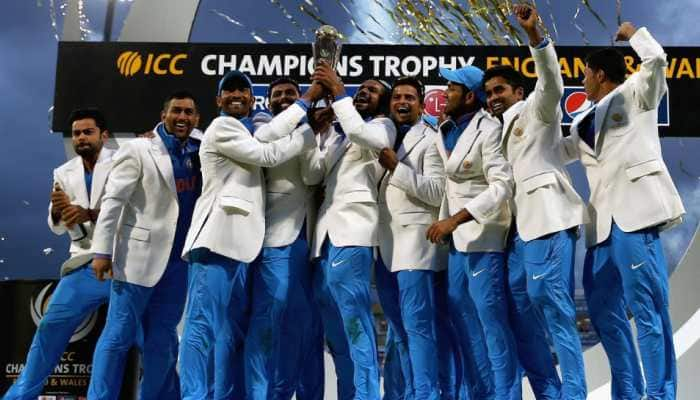Lt Gen Bipin Rawat appointed as next Army Chief: Here's why PM Modi may have chosen him
Amid a political slugfest over Lt General Bipin Rawat's appointment as the next chief of the Indian Army, the Narendra Modi government has defended its decision citing his outstanding track record, operational experience and dynamism.
Trending Photos
)
New Delhi: Amid a political slugfest over Lt General Bipin Rawat's appointment as the next chief of the Indian Army, the Narendra Modi government has defended its decision citing his outstanding track record, operational experience and dynamism.
The main opposition parties - Congress and the Left – have asked Prime Minister Narendra Modi to spell out the "compelling reasons" for superseding the senior officers in Lt General Bipin Rawat's appointment as the next chief.
The ruling BJP has hit back saying the Opposition should not politicise an issue related to defence forces.
Here are some factors which might have made Lt Gen Bipin Rawat as the top choice to lead the Indian Army :-
Seniority
Theoretically, the government is free to choose whomever it wants to lead any of the Armed Forces, but the seniority principle has almost always been followed. The Defence Ministry stressed that the Army chief's selection is the prerogative of the government and Rawat's appointment is purely based on merit.
The last time a senior officer was superseded for the appointment of an Army Chief was in 1983 - more than two decades ago - when the then Prime Minister Indira Gandhi chose Gen AS Vaidya over Lt Gen SK Sinha.
On the other hand, Eastern Army Commander Lt Gen Praveen Bakshi and Southern Army Command chief Lt Gen P M Hariz have "very limited operational experience in J&K (Jammu and Kashmir) and elsewhere."
Suitability
According to the Defence Ministry sources, Lt Gen Rawat was found to be the best suited among the serving Lieutenant Generals to deal with emerging challenges - including a reorganized and restructured military force in the north, continuing terrorism and proxy war from the west, and the situation in the North-East.
Rawat's "outstanding" track record and familiarity with the functioning of the Army Headquarters and MoD were one of the main reasons for his selection.
Defence Ministry sources also cited his operational assignments as Commanding Officer of 19 Division in Jammu and Kashmir, his outstanding track record, his familiarity with the functioning of the Army HQ and Ministry of Defence in his capacity as Vice Chief and his "general dynamism" as reasons for his appointment.
He was chosen because he was deemed to be suitable at a time "when the threat from Pakistan and China has increased," and his appointment isn't "a reflection on anyone else," a government source said yesterday.
Experience
Lt Gen Rawat had received the Sword of Honour at the Indian Military Academy at Dehradun, and had over 10 years of hands-on experience in counter-insurgency operations, and that he'd served at both the Line of Control (with Pakistan) and the Line of Actual Control (with China).
According to the Defence Ministry, Rawat has served the Army at various functional levels for three decades: - he was involved in the 1986 Operations in the Eastern Sector facing China, was also posted in Pulwama in the 19 Division, and has successfully handled operational responsibilities in the North East.
His experience as General Officer Commanding-in-Chief, Southern Army Command in Mechanised Warfare has been focused towards the western borders, in coordination with the other two services, the sources said.
Connect with civil society
Lt Gen Rawat is also known for his balanced approach towards soldiering, his compassion, and his connect with civil society, sources said.
Stay informed on all the latest news, real-time breaking news updates, and follow all the important headlines in india news and world News on Zee News.
Live Tv







)
)
)
)
)
)
)
)
)
)
